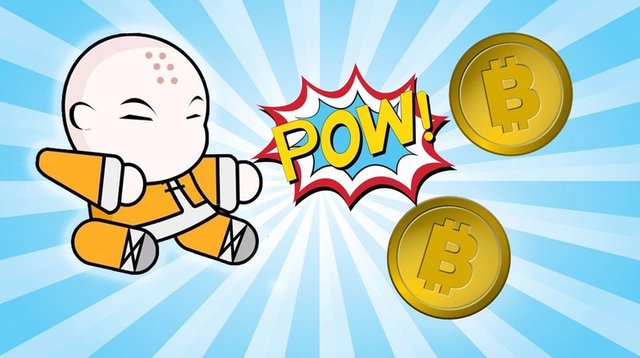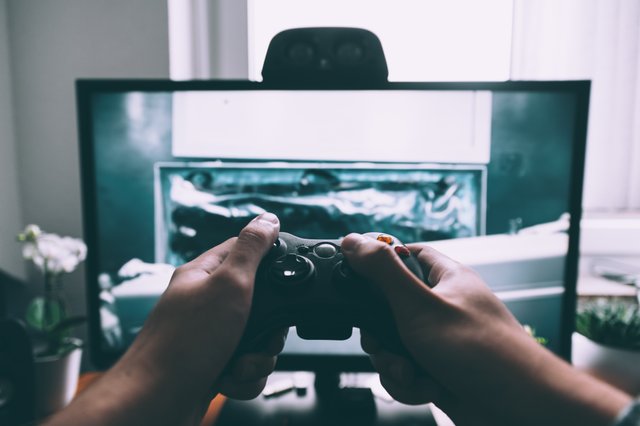A Game a Day Keeps the Doctor away!
Criticized for promoting violence and encouraging anti-social behaviour, more recent studies have shown that videogames can be an innovative way for active learning and dealing with “real-world” problems!

Approximately 40 years ago, Nutting Associates released the world’s first mass-produced and commercially sold video game, dubbed Computer Space. The game takes place on a two-dimensional star field, allowing the player to control a rocket ship that is up against two machine-controlled flying saucers in a space simulation.

The object of the game is for the player’s rocket ship to destroy as many flying saucers as possible within a certain time limit. The game was created by Nolan Bushnell, who is also the founder of the arcade game company, Atari. Computer Space became the basic design on which all arcade games were to follow.
With an estimated 1,2 billion people playing video games worldwide, it is not surprising that it has created an entire social scene. Gone are the days of the stereotypical solitary gamer, stuck in his bedroom surrounded by cans and fast food.
Games like Halo and World of Warcraft are played in groups, with gamers wearing head-sets for communication and active teamwork across the Internet. Gamers know that a sense of group achievement is higher when a game is won together, compared to an isolated success.
Researchers have found that games with complex three-dimensional settings can have a positive effect on intellect. In addition, action video games such as Call of Duty and Fallout 4 can teach gamers to deal with real-world problems.
“Gaming has been linked to countless enhancements in cognitive function, from low-level vision through to high-level cognitive abilities,” says psychology professor, Aaron Seitz. Modern video games are recognised as fundamental to altering behaviour, producing learning and promoting further brain plasticity.
The digital games industry is now set to generate more than US$ 80 billion (R1,095 trillion) in software revenue in 2016‚ according to statistics that were released by Juniper Research. The figure is expected to rise to US$ 104 billion (R1530,54 trillion) by the end of 2018. Juniper is based in the United Kingdom and specialises in analysing trends in mobile and digital technology sectors.
Jane McGonigal, game designer and author says: “When we play video games, we have a real sense of optimism in our ability to improve and succeed.” It is said that gaming can increase our physical and mental energy, which then allows us to solve difficult problems.
Gaming can be compared to eating food, where each game (or food) has a different effect on the body, when taken in different amounts. To ensure a “healthy” and balanced “gaming life”, would simply mean to respect the “dosage” of the intake.
Gaming is able to create a safe space in which to develop and learn skills for dealing with the realities of life as most of our daily influences are subconscious.
Much of the past negativity was created by a false sense of misconception, where one offensive characteristic of a game was compared to the broader field of gaming.
The world of gaming presents us with an opportunity to take greater control over the shaping of our own minds, and to actively learn within a fun environment.
American role-playing and video game designer, Warren Spector says: “The best part about gaming, is the ability to do things that can only be done in gaming.”

Doing my best to play a game a day ;)
have an apple